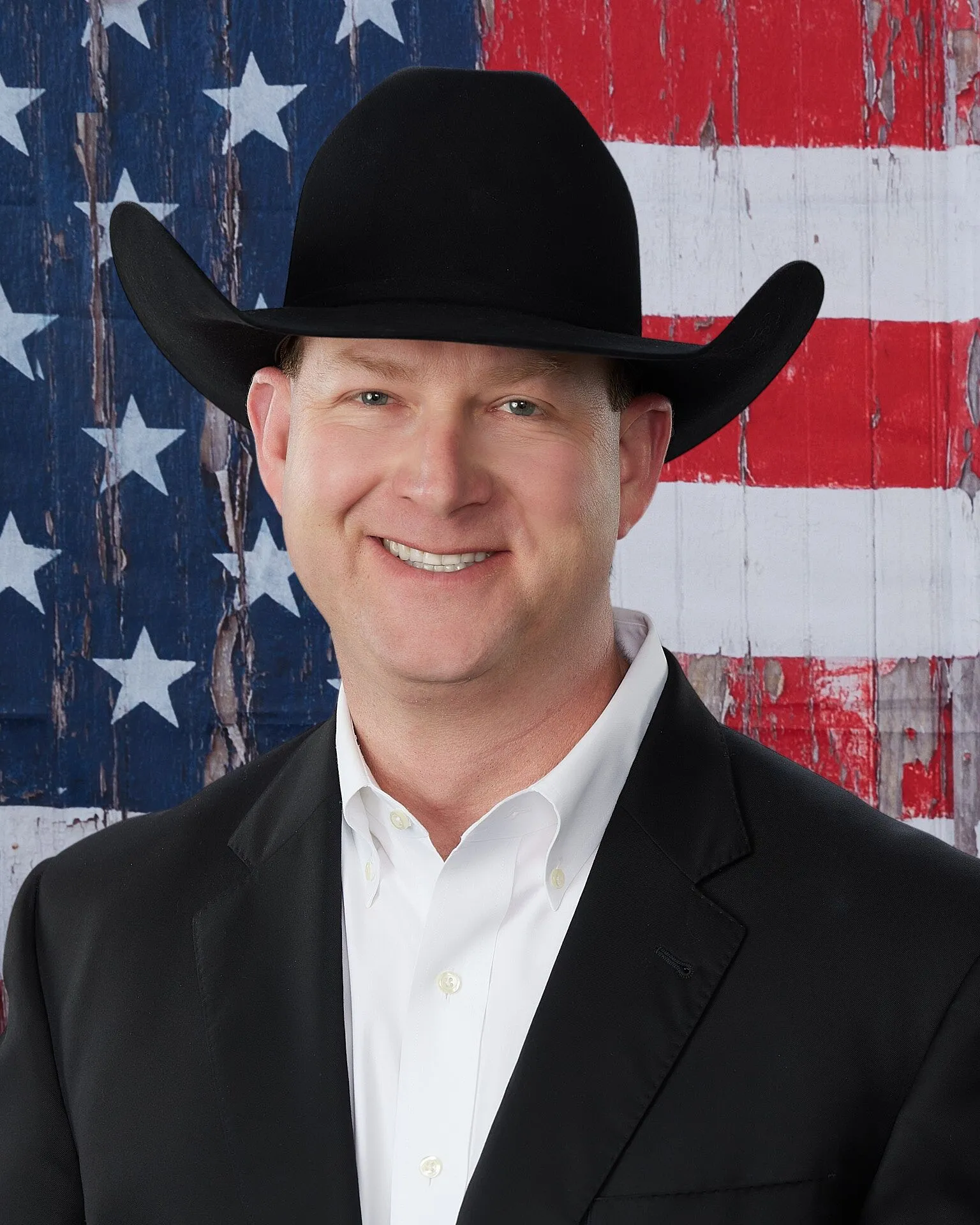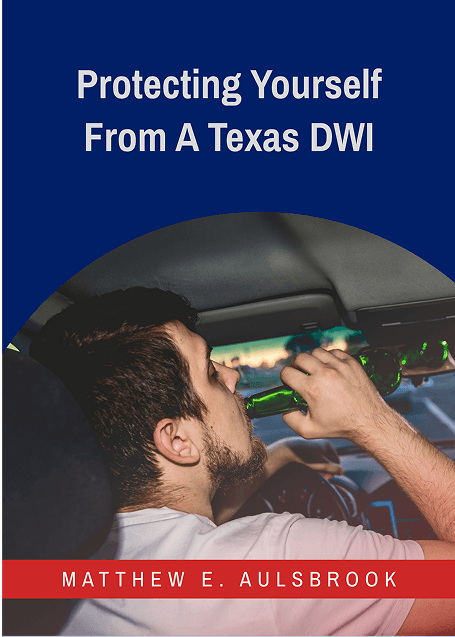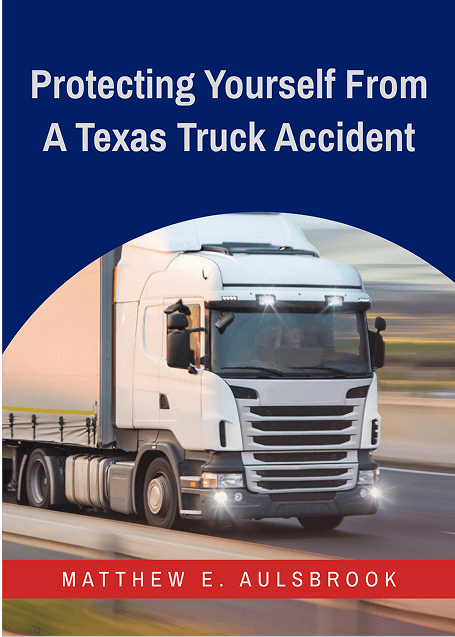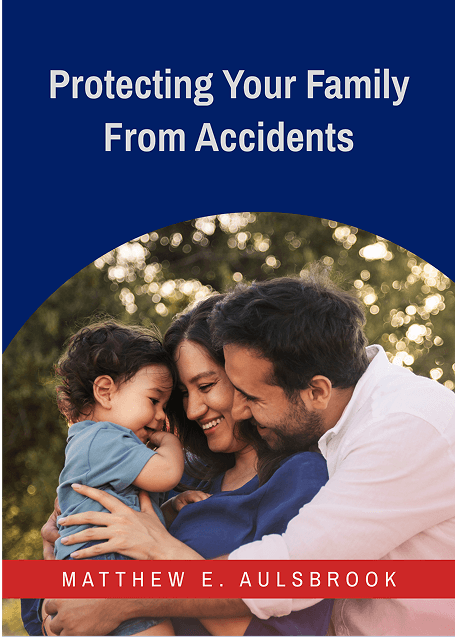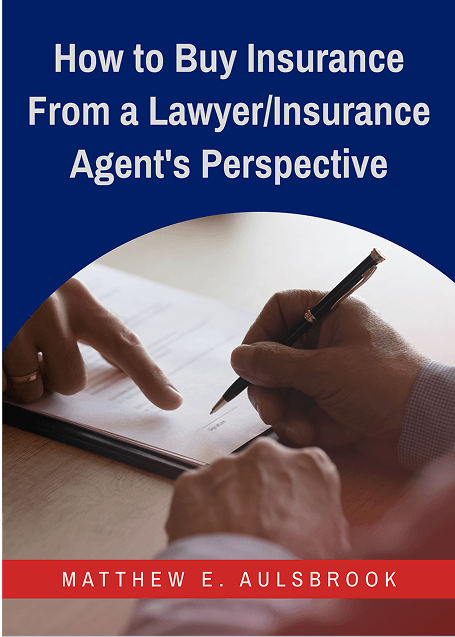After a car accident, many individuals sustain not just physical injuries but also emotional and financial burdens as well. From doctor’s appointments to missed days at work, many people find that a crash wreaks havoc on their lives and their finances.
Fortunately, Texas law allows injured individuals to file a lawsuit and seek compensation for the damages they sustained as a result of the accident.
If you or a loved one were injured due to the negligence of another, speak to a Grand Prairie car accident lawyer 24/7 from The Texas Law Dog about your legal options. We don’t just bark. We bite.
With the help of a Grand Prairie personal injury lawyer, you may be eligible to recover compensation for your injuries and damages, including medical expenses, lost wages, mental anguish, as well as pain and suffering.
The Texas Law Dog Can Help You Take Action
If you are trying to pick up the pieces after a crash, you should not have to figure it out alone. Our team brings strategy, focus, and relentless effort to every case we take. We lead from the front and put your priorities first, every step of the way.
Investigation, Filing, and Negotiation
The first thing we do is listen. Once we understand what happened and what you are dealing with, we start building your case from the ground up.
This involves gathering police reports, photographs, medical records, witness statements, and any other relevant information that helps tell the complete story. We also ensure that every detail is documented in a manner that insurance companies and courts cannot ignore.
From there, we handle the paperwork, the calls, and the negotiations. We communicate directly with the insurance adjusters, so you don’t have to.
If the first offer is too low, we are ready with a counter. If they try to drag things out, we push back. If it becomes clear that a trial is the better option, we are already prepared. Your case will never be treated like an afterthought.
Helping You Maximize Your Recovery
Getting compensated is not only about covering the bills you already have. It is about protecting your future. We calculate what your injury has cost you and what it may continue to cost down the line. We also keep you informed throughout the process, so you are never left wondering what is happening or why. Your recovery matters, and we fight like it.
Keeping You Updated at Every Step
You should never feel left in the dark while your case is moving forward. We believe that effective communication is just as important as a strong legal strategy.
From the moment you begin working with us, you will know exactly what to expect and who to contact when an issue arises. We will guide you through each step of the process, explain the timelines, and ensure you are never left wondering about the status.
When updates come in, you will hear from us. If a form needs to be signed, a deadline is approaching, or a new development occurs, we will notify you and discuss the implications.
You will not be overlooked or dismissed. Our team takes the time to ensure you understand your options, so you can make informed decisions that feel right for you. We are here for your case and you.
You Should Not Wait to File a Lawsuit
In Texas, you generally have two years from the date of your accident to file your personal injury lawsuit, per Texas Civil Practice and Remedies Code § 16.003. If this deadline, or statute of limitations, passes before you file your claim, then you may be barred from recovering compensation from the responsible party.
Negligence and Liability in Grand Prairie Crash Cases
Personal injury lawsuits depend on the legal theory of negligence. A person is negligent when they have a duty to act responsibly, breach that duty, and as a result cause an injury to another person.
In a car accident case, the plaintiff would generally try to prove that the defendant’s failure to operate a vehicle responsibly caused an accident that led to an injury.
Not every car accident is attributable solely to one person. To account for Grand Prairie cases where each driver may share some of the responsibility for a collision, Texas follows the rule of modified comparative negligence, as outlined in Texas Civil Practice and Remedies Code § 33.001. This rule allocates blame and damages based on the percentage at fault of each driver.
The modified comparative negligence rule says that a driver’s compensation will be reduced proportionately according to their percentage of fault. If a driver is 51% or more at fault for an accident, they may be ineligible to recover compensation for their injuries. In other words, a driver cannot recover compensation for their injuries if they were more than half at fault for the accident.
Grand Prairie Car Accident Lawyer Near Me (817) 775-5364
What Causes Most Car Accidents in Grand Prairie
Crash reports may list different reasons, but the truth is that most car accidents in Grand Prairie come down to the same recurring problems. People drive distracted, rush through intersections, or make reckless choices without considering the potential consequences for others.
Some of the most common causes of car accidents we see include:
- Speeding
- Distracted driving
- Drunk or drugged driving
- Following too closely
- Fatigued driving
- Unsafe lane changes
- Failing to yield
- Running red lights
- Rear-end collisions
- Hit-and-runs
- Road rage or aggressive driving
- Unfamiliarity with the area
- Poor visibility or bad weather
If you were injured because someone else was careless, your lawyer will work to find out exactly what happened. That includes cases like yours where a Grand Prairie rear end collision lawyer might need to show that the other driver was following too closely, or when a Grand Prairie hit and run accident lawyer steps in to track down a driver who left the scene.
What Damages You Can Recover in a Car Accident Claim
Individuals who are injured due to negligence can file a lawsuit seeking damages or compensation from the responsible party. Depending on the case, a judge or jury can award two types of compensatory damages: economic and non-economic damages.
Economic Damages
Compensatory damages are intended to compensate individuals who have suffered financial losses. Economic damages have a specific monetary value. These damages could include medical expenses, lost wages, and the cost of rehabilitation and surgery.
Non-Economic Damages
In contrast, non-economic damages cover losses that cannot be easily quantified. For example, individuals may be eligible to recover compensation for losses such as pain and suffering, mental anguish, or lost quality of life.
It is essential to contact an experienced Grand Prairie car accident attorney who can determine which type of damages the injured claimant may be eligible to recover.
Punitive Damages
Individuals may also be able to recover punitive damages, but they are relatively rare and are not awarded in every case. Unlike compensatory damages, which reimburse injured people for their losses, punitive damages are meant to punish the defendant for their actions.
Exemplary damages, as outlined in Texas Civil Practice and Remedies Code § 41.003, may only be available when the defendant acted with gross negligence and malicious intent.
For example, a case where punitive damages may be warranted could be one in which it is proven that a habitual drunk driver caused an accident.
What Can Delay a Car Accident Settlement
Once you have agreed to a settlement, it is normal to wonder why the check is not in your hands yet. You are not being impatient. After everything you have been through, it is entirely fair to want closure and a sense of peace of mind. But there are a few common reasons things get held up after a case wraps up, including:
- Insurance review backlogs
- Missing documents or signatures
- Attorney awaiting lien resolution
- Adjuster absence or turnover
- Trial or court scheduling delays
- Bank processing or clerical errors
None of these delays means you did something wrong. It is just the kind of red tape that happens once paperwork starts moving through the system.
Your Grand Prairie car accident attorney will stay on top of it, keep the pressure on where it matters, and make sure your payout does not fall through the cracks. We know how to keep things moving and how to get answers when the system starts dragging its feet.
Speak with a Car Accident Attorney in Grand Prairie Today
The road to recovery is easier when you have someone in your corner who knows what to do next. Your car accident lawyer in Grand Prairie will take your case seriously and fight for every dollar you deserve.
Call now to schedule your free consultation with The Texas Law Dog.

